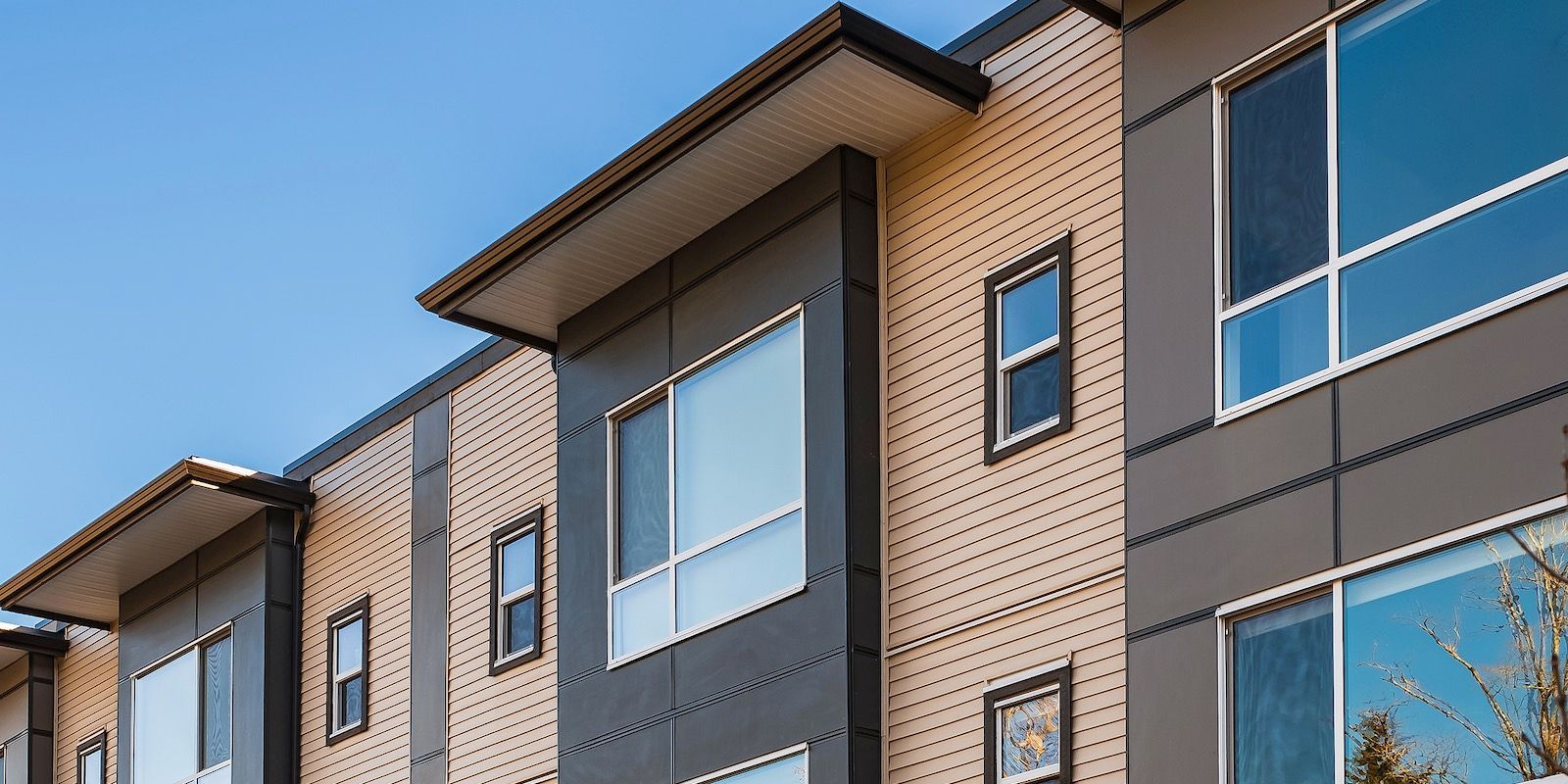Do You Need Time For Your Retirement Investments To Recover?
COVID-19 is wreaking havoc on retirement investments, particularly for those who rely on dividends as part of their income. Over the past decade, many older Canadians have taken a riskier approach with retirement investments because of low bond yields and interest rates caused by the financial crisis in 2008.
Instead of playing it safe, many retirees have turned to the stock market for better returns and dividend income. With global markets in a highly volatile state due to the pandemic, right now it is challenging to move investments to safer ground, and many companies have put dividend payments on hold.
If you need immediate cash to ride out the remainder of the pandemic, you may think you need to liquidate some investments. But what if there were other options that can provide the much-needed cash without taking investment losses? Consider borrowing from your home equity instead of liquidating investments prematurely. Here’s why this makes sense.
Take advantage of low interest rates
Uncertainty in the economy has caused the government to lower interest rates. Mortgage rates are at historic lows, and borrowing money at this point in time doesn’t cost a lot. By gaining access to your home equity through mortgage financing, you can somewhat bridge the gap. You can increase your cash flow until the markets, economy, and your investment portfolio recover.
Historically, stock markets have always recovered.
Bloomberg’s Canadian retirement expert Dale Jackson explains, “The S&P 500 lost half its value between October 2007 when the meltdown began and its March 2009 bottom. By October 2013, the S&P 500 topped its pre-meltdown high and has since doubled from there (pre-pandemic). It wasn’t until June 2014 that the TSX topped its pre-meltdown high. It has since rallied an additional 20 per cent (pre-pandemic).”
If the markets recovered both the Great Depression and Great Recession, there’s little reason to fear it won’t happen post-pandemic. The timing of the recovery, however, is uncertain.
Strategically tapping into home equity
You may be reluctant to use home equity to provide for living expenses until the post-pandemic economy recovers. And that is understandable. You worked hard to pay off your mortgage, why would you want a new one?
Well, if you’re faced with the choice of selling investments at a loss, or borrowing against your home equity to give yourself time to bridge the current cash flow gap and allow your investments to recover, it really becomes a matter of calculating the dollars and cents.
This is where expert financial planning comes in. You should be considering ALL your options, not just the ones we’ve been conditioned to consider over the years.
Unfortunately, there is no guidebook for navigating a global pandemic. However, there are options you can consider, now is a good time to consider them.
Reverse Mortgage
If you’re 55+ and occupying your home as your primary residence, you should seriously consider a reverse mortgage. It’s the ultimate mortgage deferral option.
You’ve likely seen commercial ads for reverse mortgages. And while some people think this is a risky way to access funds, if you intend to live in your home throughout your retirement years, it can be an inexpensive source of funds. Especially given our current low-rate environment.
One common misconception is that the bank owns your home if you get a reverse mortgage. This just simply isn’t true. A reverse mortgage is like any other mortgage, however, instead of making regular payments, the mortgage amount increases each year and is due when you choose to sell your house.
Other mortgage options
If you’ve got a steady pension income, you may be able to qualify for conventional mortgage financing. However, if you’re still paying off your first mortgage, you can apply for a second mortgage based on the remaining equity in your home.
It should be noted that a second mortgage is a high-risk option with significantly higher interest rates. If you’re cash-strapped already and are having trouble making payments on your first mortgage, there’s no benefit gained by adding a second payment.
Another option to consider is a Home Equity Line of Credit (HELOC), which operates much like a bank overdraft. It’s a pool of funds attached to your home that can be used when cash flow is low and paid back when cash flow improves. Interest rates are typically low because the line of credit is secured by your home equity. Further, interest is calculated based on actual borrowing not on the amount approved.
Avoid Fear-Based Decisions
Making fear-based investment decisions rarely work out. Because these are uncertain times, it’s important to consult with financial experts to discuss your options and allay your concerns.
Remember you’re not alone. Millions of Canadians are in similar circumstances. There are options. As part of a solid financial plan, using your home equity can provide funds that act as a bridge to avoid investment losses until the economy and market recover.
If you’d like to discuss your financial situation, contact us anytime for a free consultation. We would love to work through all your options with you!
Share
RECENT POSTS





